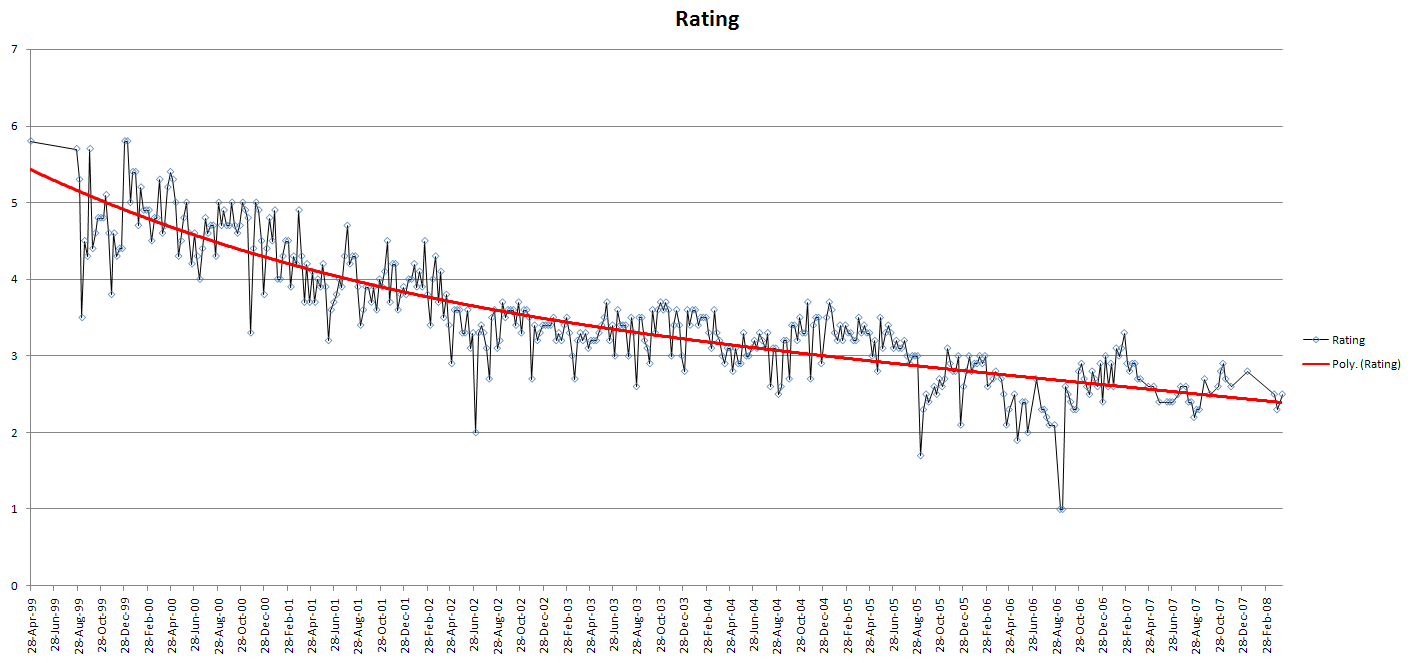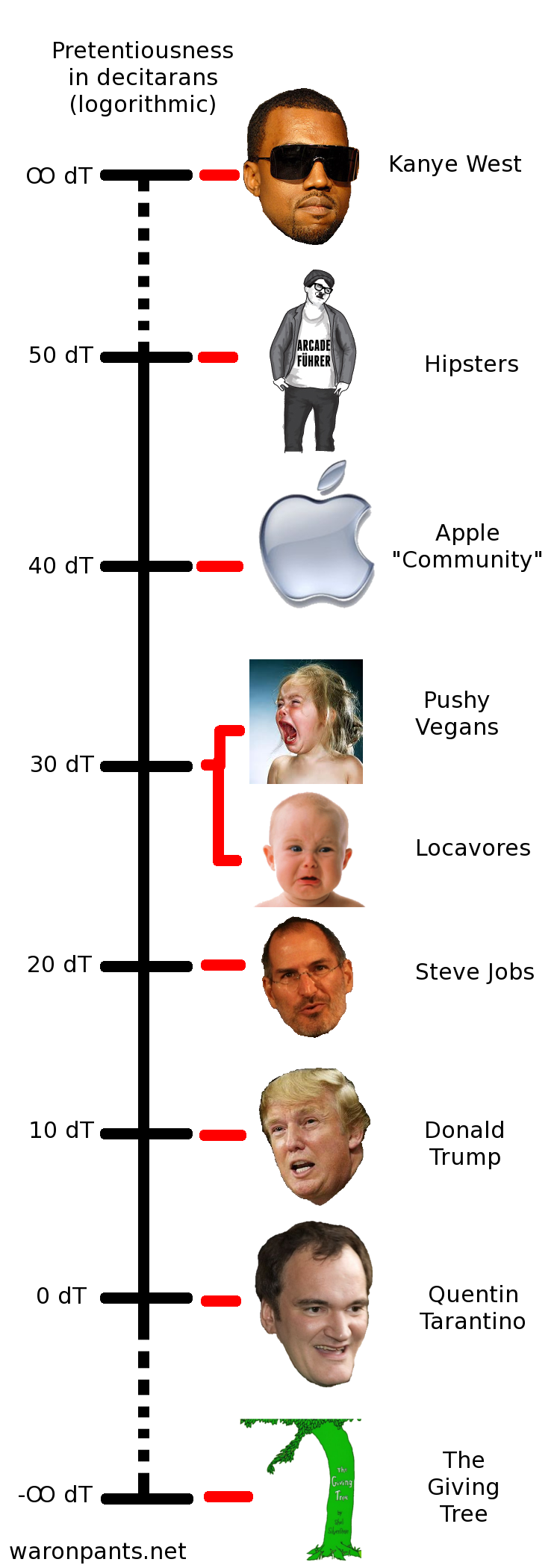Why I Don't Use the Merriam-Webster Dictionary
I was asked why I used http://thefreedictionary.com in my last post about the word "leverage" rather than the "real" dictionary by Merriam-Webster. I didn't think anything of it, but I'll explain anyway.
I used to use a printed copy of Merriam-Webster's Collegiate Dictionary. One of my teachers in high school didn't believe that anything online, including the dictionary, counted as credible information. I never really understood that, especially since many dictionaries and encyclopedias are slowly becoming exclusively online. It's obvious how much easier a web-based dictionary is to use for searching and citations, so this makes sense.
Then, in 2006, Merriam-Webster announced that it will be adding new words to the 2007 edition of the Collegiate Dictionary.
"Merriam-Webster updates its best-selling Collegiate(R) Dictionary every year with a number of new words, senses, and variants. This year, the word 'ginormous' was one of approximately 100 neologisms to make the cut, while many others will stay 'closely watched' by our editors for possible inclusion in future revisions." (source)
I had no idea that Merriam-Webster constantly adds new words to the dictionary. I especially didn't expect that it would add ~100 words in one year. On the same page as the above quote, Merriam-Webster stated that it added ginormous to the dictionary as the result of an online poll. Online polls shouldn't be the defining factor for proper words in the English language. I was starting to understand my high school teacher a bit more. I started looking at the list of new words, and one jumped off the page at me: smackdown.
This irritated me. The only times in my life that I've ever heard the word "smackdown" used in conversation are:
- someone talking about WWF (now WWE) Smackdown, a pro-wrestling TV show
- someone saying that he was going to "lay the smackdown on" someone. The person saying this almost definitely watched Smackdown
I wasn't the only one who noticed this. The WWE highlighted it, too, claiming that "this truly shows the impact of the show on pop culture." (source)
I used to watch Smackdown a lot when I was in high school. However, I thought it's popularity declined since it's creating in 1999. Maybe I was out of touch. On the other hand, maybe I was completely right:

(Data source)
Smackdown's ratings had gone down considerably. The idea that Merriam-Webster chose to add this word when it did still baffles me.
In 2008, I lost all faith in Merriam-Webster when it announced the new words for 2009. There were three in particular that I hold accountable for murdering the English language.
- staycation - How could a marketing gimmick to "stay at home for a vacation" become a real word? I understand most people, myself included, can't afford to travel anymore, but why is this a word!? I thought the word was irritating enough when I heard it on commercials, but when Merriam-Webster said that it's common enough to be a dictionary word, I died a little inside.
- frenemy - According to Wikipedia, this word was printed back in 1953 in an article called "Howz about calling the Russians our Frienemies?" by W. Winchell. However, not only was it spelled differently in the title, the title also spells "How's" as "Howz." Both are grammatically incorrect. So, that leads me to assume that "frenemy" was added to the dictionary because of Facebook. Talking about Facebook is the only context that I ever hear this word. Just another reason that I can say, "Fuck Facebook."
- locavore - This is a person that only eats locally grown food. I equate these people with vegans who try to shove their vegan-ness in your face every chance that they get on the pretentious scale.

While researching for this post, I remembered hearing in high school that "d'oh" (from the Simpsons) was promoted to a real word. Although I don't know exactly when Merriam-Webster added the word (one incredible source says 1998), the BBC claims that the Oxford English dictionary added it in 2001.
The funniest bit is that the built in spell checkers of most major word processors don't accept these words. Microsoft Word 2007 doesn't accept any of these words. OpenOffice.org Writer accepts only "ginormous." Firefox accepts "ginormous" as well, but only using the "English (United States)" dictionary. All of the other English dictionaries I tried do not accept it.
I heard someone refer to "ginormous" as the "celebrity couple name" of gigantic and enormous. During the conversation, he said that the term "celebrity couple name" should have a celebrity couple name, like "cele-cou-nom." I suggested "portmanteau." He told me that my idea made no sense and was stupid. Although, at this rate, I fully expect his suggestion to be the correct one in a few years.
So, high school teacher of mine, I wouldn't say that Internet dictionaries are the problem anymore. Even print dictionaries are turning stupid. This wouldn't be a big deal if these words were included in a colloquial dictionary, but they are included in a collegiate dictionary, meaning "intended for college students." I dare you to use these words in a college essay. In theory this shouldn't be a problem. After all, Merriam-Webster's Collegiate Dictionary is the largest and most popular college dictionary.
